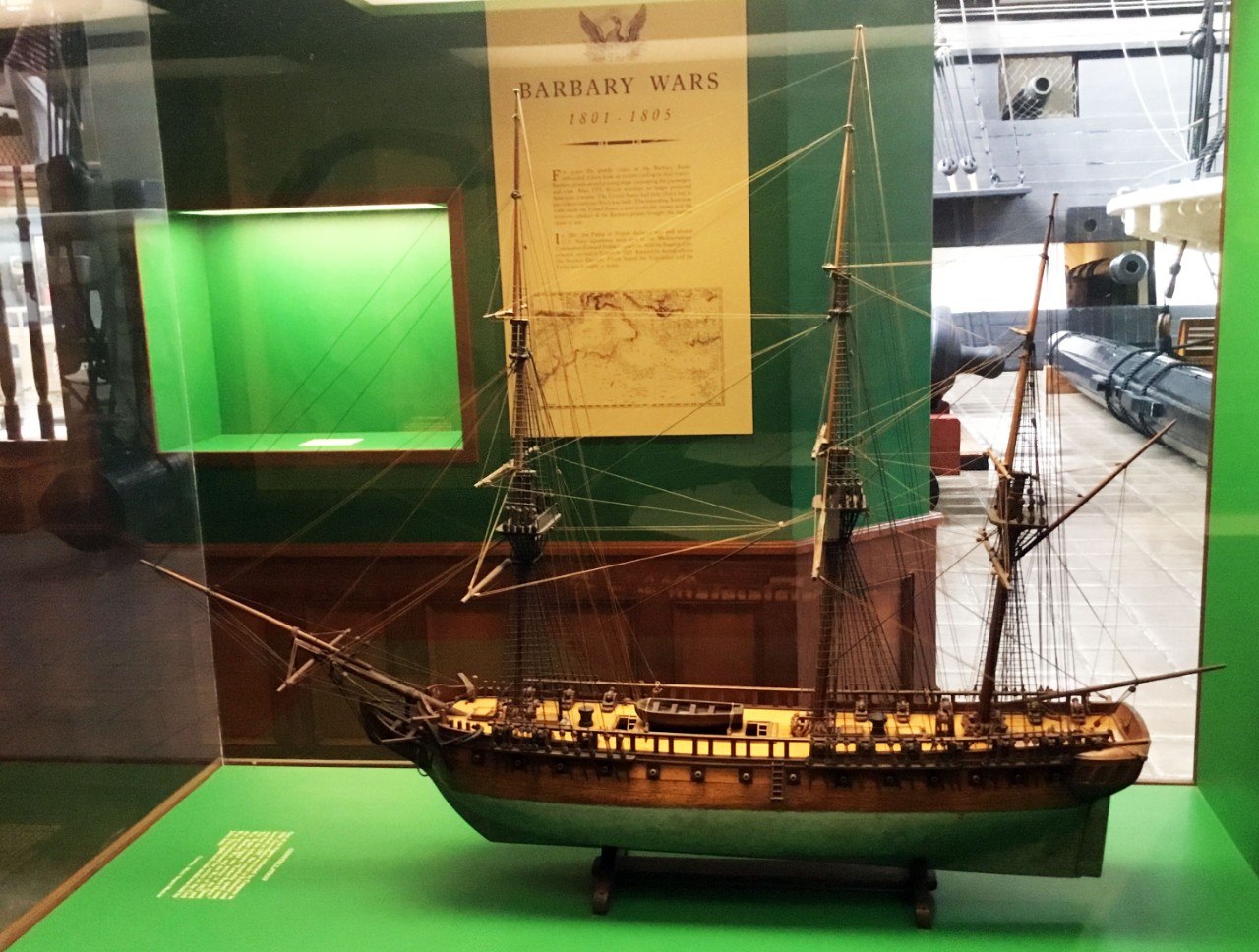Major Wars and Conflicts
Napoleonic Wars (1803–1815)
The Napoleonic Wars were a series of conflicts involving Napoleon Bonaparte's French Empire and various European coalitions. These wars had a profound impact on European politics and led to significant territorial changes across the continent.
War of 1812 (1812–1815)
Fought between the United States and the United Kingdom, the War of 1812 was driven by issues such as trade restrictions and the impressment of American sailors. The conflict ended with the Treaty of Ghent, restoring pre-war boundaries.
Latin American Wars of Independence (1810–1830)
Throughout the early 19th century, various Latin American countries fought for and achieved independence from Spanish and Portuguese colonial rule. Notable conflicts include the Mexican War of Independence (1810–1821) and the Argentine War of Independence (1810–1818).
Crimean War (1853–1856)
The Crimean War saw an alliance of the Ottoman Empire, France, Britain, and Sardinia opposing Russia. The war is notable for the Siege of Sevastopol and the Charge of the Light Brigade.
American Civil War (1861–1865)
A pivotal conflict in United States history, the American Civil War was fought between the Northern states (Union) and the Southern states that seceded to form the Confederacy. The war resulted in the abolition of slavery and the preservation of the Union.
Franco-Prussian War (1870–1871)
This war between France and the German states led by Prussia resulted in the unification of Germany and the establishment of the German Empire. The conflict significantly altered the balance of power in Europe.
Anglo-Zulu War (1879)
Fought between the British Empire and the Zulu Kingdom, the Anglo-Zulu War is notable for battles such as Isandlwana and Rorke's Drift. The war ended with the annexation of Zululand into the British Empire.
First Sino-Japanese War (1894–1895)
This conflict between China and Japan was primarily over control of Korea. Japan's victory marked its emergence as a major world power and led to significant territorial gains.
Colonial Wars and Expansion
British Colonial Wars
The British Empire engaged in numerous colonial wars during the 19th century, including the Anglo-Afghan Wars, the Anglo-Burmese Wars, and the Anglo-Zulu War. These conflicts were part of Britain's efforts to expand and consolidate its global empire.
French Colonial Wars
France was involved in several colonial conflicts, such as the French conquest of Algeria (1830–1847) and the Franco-Tahitian War (1844–1847), as it sought to expand its territories overseas.
Wars of Independence and National Unification
Italian Wars of Independence
Italy underwent a series of wars aimed at unifying the various Italian states into a single nation. Key conflicts include the First Italian War of Independence (1848–1849) and the Second Italian War of Independence (1859).
German Unification Wars
Prussia led efforts to unify the German states through wars such as the Austro-Prussian War (1866) and the Franco-Prussian War (1870–1871), culminating in the establishment of the German Empire.
Indigenous Conflicts
American Indian Wars
Throughout the 19th century, numerous conflicts occurred between Native American tribes and European settlers or the U.S. government. Notable examples include the Creek War (1813–1814) and the Sioux Wars (1854–1890).
New Zealand Wars
The New Zealand Wars (1845–1872) were a series of conflicts between the indigenous Māori and British colonial forces, primarily over land disputes.
Technological and Tactical Developments
The 19th century saw significant advancements in military technology and tactics, including the widespread use of rifled firearms, the introduction of ironclad warships, and the development of more sophisticated artillery. These innovations changed the nature of warfare and had lasting impacts on military strategy.
Conclusion
The wars of the 19th century were diverse in nature and scope, involving battles for national unification, colonial expansion, and independence. These conflicts reshaped national boundaries, influenced global power dynamics, and set the stage for the geopolitical landscape of the 20th century.
